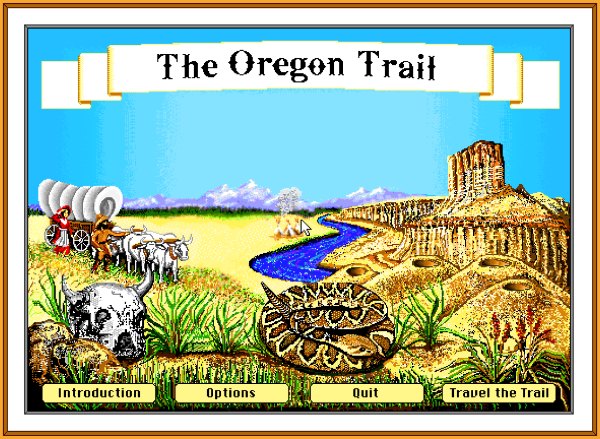Make That Informational Resource Educational

A recent post by David Wiley is titled "The Difference Between an Informational Resource and an Educational Resource"
(Creative Commons Attribution 4.0 International) He wrote "Recently I’ve been thinking about the difference between an informational resource and an educational resource. I’ve had the sense that an educational resource is an informational resource with a little something extra and have enjoyed coming back to this thought again and again over the last several weeks, trying to reduce this “something extra” to its simplest form."
Thinking about that myself, I recalled how many times as a young person I was told that a book, movie or even a TV show was "educational." But were they? A book can certainly be informational, but can a book be educational just by reading it? Wiley gives as an example an encyclopedia. Certainly it is informational if read. It has some characteristics that Wiley sees as essential: comprehensive, accurate, and well-organized. What would need to be added to make it an educational resource? Is Wikipedia educational because it has interactivity built in to it?
Another example that Wiley ponders is creating an open textbook. A book - especially a textbook - is clearly meant to be informational, but I think many of us (especially in academia) probably also consider a textbook to be "educational."
You could say that what takes a resource to educational is what you do with it. When a reader takes information about how to paint a watercolor and then starts to paint one, it seems to have moved beyond informational. But that doesn't make the resource educational, does it? What can a creator do in the creation of a resource to better insure that it can be educational?
Wiley's suggestion for that open textbook is to consider what would result if the writer (possibly a faculty member) partnered with an instructional designer? How might the book be written if along the way you are thinking about how it will be used by a teacher and student. For example, adding practice (not a new textbook component) with feedback might be one thing that moves a resource into the realm of educational.
I have a category on this blog called RESOURCES and looking over the posts there (including this one) I realize they are informational, not educational. That's not a bad thing, but it is a thing to consider in creation. If you had asked me earlier if my resources were educational, I think I would have casually replied that they were educational. You might read this post, click the link and read Wiley's original post. Good information. You might even go on to make your your next informational creation -a lecture, a handout, a textbook - educational by designing it with additional elements. That would be good - but it would not make my post or Wiley's educational. Kind of a humbling consideration.

 Ghosh is a computer scientist turned policymaker so much of the focus in the book is on industry leaders and policymakers. Technology has done a lot of good but it has also exacerbated social and political divisions. This year we are hearing again about how technology
Ghosh is a computer scientist turned policymaker so much of the focus in the book is on industry leaders and policymakers. Technology has done a lot of good but it has also exacerbated social and political divisions. This year we are hearing again about how technology  Students can also access the
Students can also access the